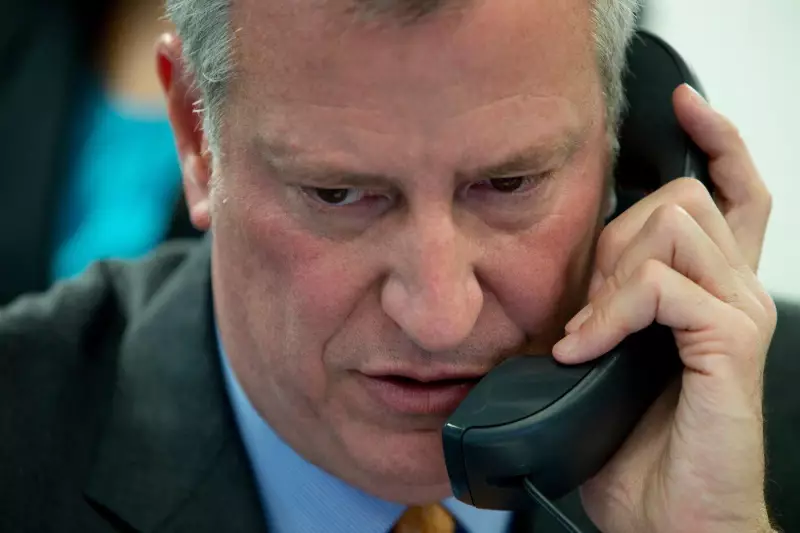
In an embarrassing revelation for British journalism, The Guardian newspaper has publicly acknowledged being duped by an elaborate impersonation scheme targeting former New York City Mayor Bill de Blasio.
The respected publication fell victim to a sophisticated hoax where an individual convincingly posed as de Blasio, complete with fabricated quotes and political commentary about British affairs. The fake interview contained what appeared to be the former mayor's perspectives on UK political matters, all delivered through what the newspaper believed was legitimate communication channels.
How the Deception Unfolded
The impersonation operation was remarkably thorough. The fraudster managed to convince Guardian journalists through multiple verification steps, creating the illusion of a genuine interview with the high-profile American politician. The fabricated content included political analysis that seemed plausible enough to pass initial editorial scrutiny.
It was only through subsequent verification attempts that the newspaper discovered the truth: they had been communicating with an imposter the entire time, not the actual former mayor who served New York City from 2014 to 2021.
The Aftermath and Response
The Guardian moved quickly to address the situation once the deception was uncovered. The newspaper issued a formal statement acknowledging the security breach in their verification processes and removed the fraudulent content from their platforms.
This incident highlights the growing challenge news organizations face in the digital age, where sophisticated impersonators can exploit communication technologies to bypass traditional verification methods. The case serves as a cautionary tale for media outlets worldwide about the evolving nature of source authentication in an era of advanced digital deception.
Media ethics experts note that such incidents, while rare for established publications like The Guardian, underscore the importance of enhanced verification protocols when dealing with high-profile sources, particularly those commenting on international political matters outside their usual domain.





